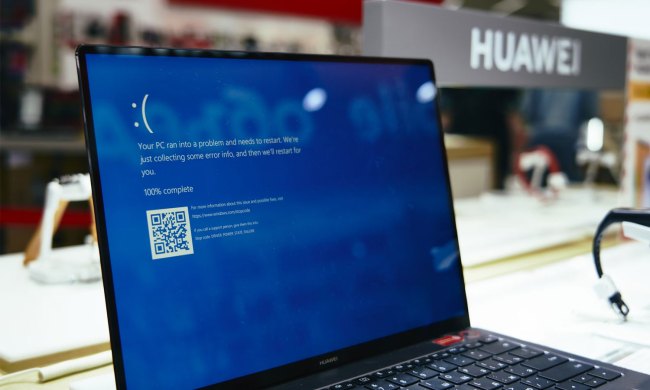 OnLive is a pretty astounding service, as those who have tried it can attest to. Basically, you’re able to play console-quality video games like Batman: Arkham Asylum and Splinter Cell: Conviction on virtually any computer, as long as you’ve got a reliable Internet connection and, preferably, a USB gamepad. The company’s offering of games is admittedly small in comparison to the enormous library available on proper present-day gaming consoles, but it’s a growing brand that offers high-end gaming for a fraction of the price that one would pay for a comparable console or PC experience. The possibilities offered by OnLive’s cloud-based delivery method are vast, enough to catch the attention of mobile tech firm HTC.
OnLive is a pretty astounding service, as those who have tried it can attest to. Basically, you’re able to play console-quality video games like Batman: Arkham Asylum and Splinter Cell: Conviction on virtually any computer, as long as you’ve got a reliable Internet connection and, preferably, a USB gamepad. The company’s offering of games is admittedly small in comparison to the enormous library available on proper present-day gaming consoles, but it’s a growing brand that offers high-end gaming for a fraction of the price that one would pay for a comparable console or PC experience. The possibilities offered by OnLive’s cloud-based delivery method are vast, enough to catch the attention of mobile tech firm HTC.
The early Android adopter is once again making moves with an eye toward the future, now with a $40 million investment in OnLive’s mobile development efforts, the Wall Street Journal reports. That is the sum total of the details provided, but anyone who is already familiar with OnLive can probably see where this is heading. The service already has a presence in the mobile world as an iPad app that offers game spectating. Enhanced functionality, such as actually playing said games, has been hinted at and even demoed, but no official solutions have been released yet. HTC’s $40 million investment will presumably going a long way toward reaching that goal.
The cloud gaming offered by OnLive is remarkably simply in concept. Essentially, the company has a series of network relay stations scattered at strategic points around the country. Each of these locations houses all of the computer and graphics processing horsepower necessary to run the latest games along with some hefty networking gear. OnLive subscribers load up the service’s software front-end on their computers and choose a game to play. The nearest relay station then does all of the heavy processing work; the player’s controller inputs are sent to the station and the actual gameplay footage is streamed right back. The lag time related to sending such large amounts of information in real time is the main obstacle, but it’s one that OnLive has been able to overcome for the most part. Multiplayer-focused experiences like Call of Duty will no doubt continue to be most popular on consoles, but the lag issues are almost non-existent for more single player-driven experiences.
OnLive has managed to make some steady gains in an industry that is already crowded with three consoles and two dedicated gaming handhelds (with two more on the way this year), not to mention the long-established PC gaming market and the rising popularity of mobile gaming. In addition to the service’s PC functionality, subscribers also have the option of picking up a $99 MicroConsole (with gamepad), which allows OnLive to be accessed directly from your TV. The company also recently announced a $10 monthly subscription plan for unlimited play access to complement the game-by-game for-purchase and for-rent options that were previously available as well as plans to offer streaming movies. Mobile platforms are undoubtedly the next frontier, and a compelling one for anyone who’s hoping to one day play Batman: Arkham Asylum on a 4-inch screen.


